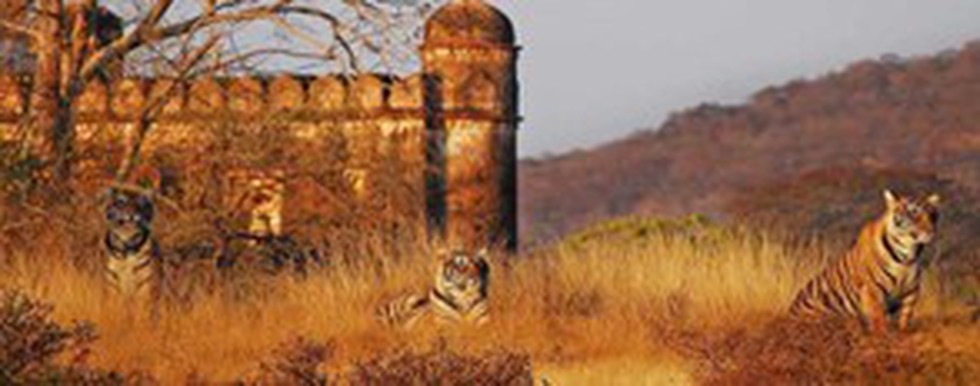Gone are the days of safari jeeps venturing off the beaten path with impunity. In a bid to safeguard wildlife and promote responsible tourism, stricter GPS monitoring of safari vehicles is rolling out across various protected areas. This high-tech initiative aims to crack down on irresponsible behavior like off-roading, speeding, and unauthorized detours, all of which can disrupt animal habitats and compromise visitor safety.
The new system leverages advanced GPS technology to track the movement of safari vehicles in real-time. Designated routes will be electronically mapped, and any deviation will trigger an alert to park rangers. This allows for immediate intervention and prevents vehicles from straying into sensitive areas or disturbing wildlife.
Overspeeding, another common concern, will also be addressed through geofencing technology. Virtual boundaries will be set around critical zones, and exceeding the designated speed limit will trigger an alarm, prompting drivers to slow down. This not only protects animals from collisions but also ensures a more tranquil wildlife viewing experience for tourists.
The implementation of stricter GPS monitoring is met with positive reactions from various stakeholders. Conservationists laud the initiative as a crucial step in protecting wildlife and their habitats. Tourism operators recognize the potential for improved visitor experience and enhanced safety. Even safari drivers acknowledge the benefits of responsible tourism and the need for clear guidelines.
However, some concerns regarding potential misuse of data and the impact on driver autonomy have been raised. Authorities emphasize that the data collected will be solely used for monitoring purposes and will be subject to strict privacy regulations. Additionally, driver training programs will be implemented to ensure compliance with the new regulations and address any concerns about job security.
Overall, stricter GPS monitoring of safari vehicles represents a significant step towards responsible tourism and wildlife conservation. By leveraging technology to enforce designated routes, speed limits, and responsible behavior, this initiative paves the way for a more sustainable and ethical safari experience for all.
